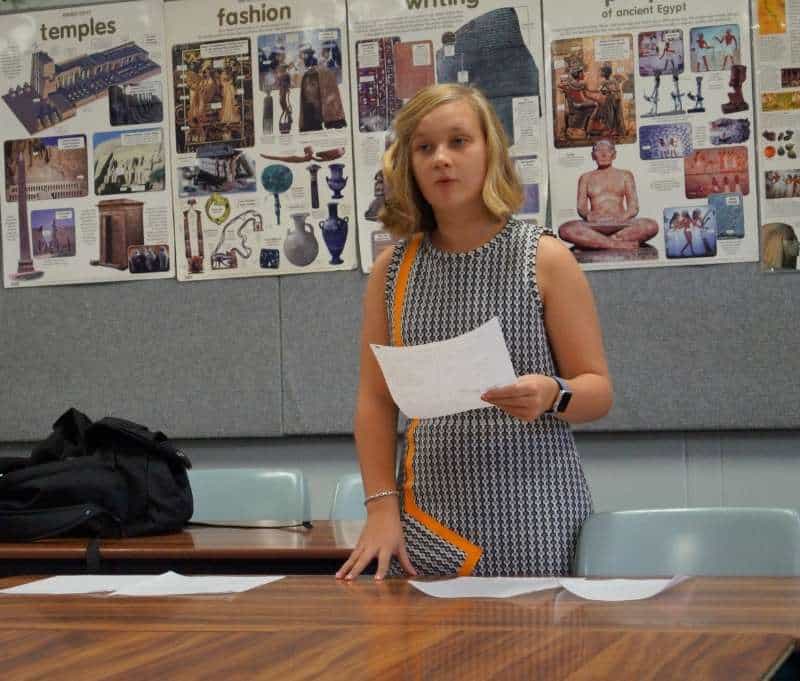How does debating work and why is it important for kids to learn?
14 July 2022
Debating is an essential life skill that helps children develop confidence, learn to think on their feet, and argue their point of view. It also teaches them how to research, structure an argument and articulate their thoughts clearly. While not all children will learn how to debate properly at school, it is actually a very important life skill that can benefit them in many ways.
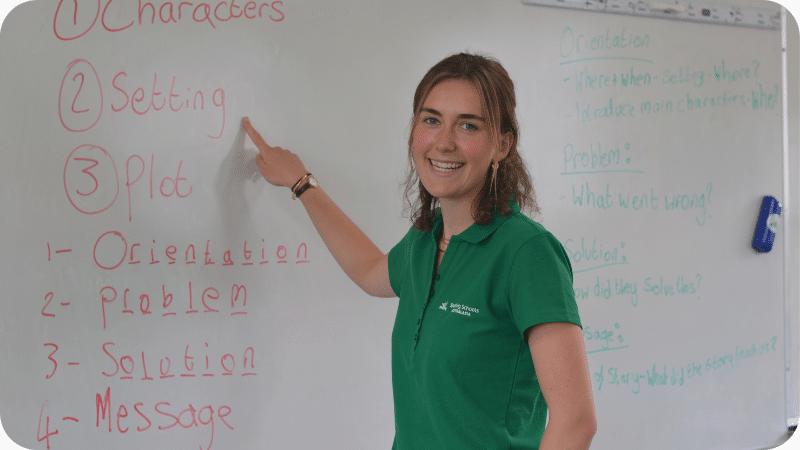
Why is it important for kids to learn to debate?
Debating is an important skill for kids to learn for a number of reasons.
First, it helps kids to think critically and to see both sides of an issue. This is an important life skill that will help them not only in their future studies and careers but also in life more generally – it is crucial to understand concepts from multiple viewpoints to have a balanced perspective of the world (even if you don’t necessarily agree with all those viewpoints).
Secondly, it teaches kids how to communicate effectively. They learn how to articulate their thoughts and arguments clearly and persuasively. This is a valuable skill not only in their education but also in the workplace, as it helps people bring others around to their point of view.
Finally, debating introduces kids to different viewpoints and opinions. They learn about other people’s perspectives and can develop their own opinions on various issues. Debating clubs and public speaking courses are great extra-curricular activities for kids to get involved in to learn these invaluable skills!
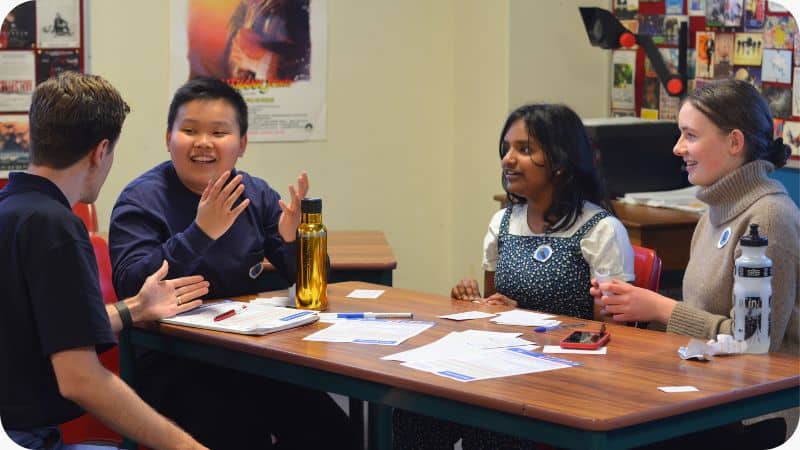
Kids who are debaters tend to make excellent leaders
Debating also helps to build the skills of future leaders. Debaters learn how to think on their feet, how to defend their convictions and how to argue persuasively. These are all essential qualities for any leader. Good leaders need to be able to communicate their vision and inspire others to follow them, making this activity the perfect education for aspiring leaders.
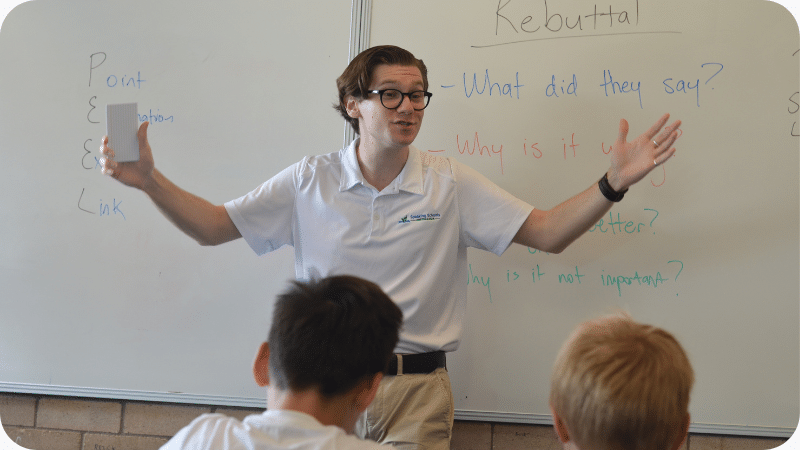
Three steps for debating success
Participating in a debate is an excellent way to hone your argumentative and public speaking skills. In order to be successful, it is important to follow three key steps: preparation, engagement, and feedback.
Preparation is crucial for any debate. You need to carefully craft your arguments and practice your delivery within the strict time limit – often less than an hour in most competitions. This will help you stay calm and confident when engaging with your teammates.
Secondly, engagement is all about actively listening to the other side and thinking on your feet. You need to be able to quickly come up with rebuttals to the other side’s points in order to persuade the adjudicator that your team’s case is comparatively better than theirs. This can be challenging, but it’s also where the fun of the activity comes in – the adrenaline rush of coming up with responses on the fly.
Finally, feedback is essential for improving your arguing skills. After each debate, take some time to reflect on your performance and think about what you could have done better. This feedback can come from anyone – the adjudicator, your teammates, an audience member or even your own personal reflection. By doing this, you will become an even more effective debater in the future – it is definitely true that we can learn from our mistakes!
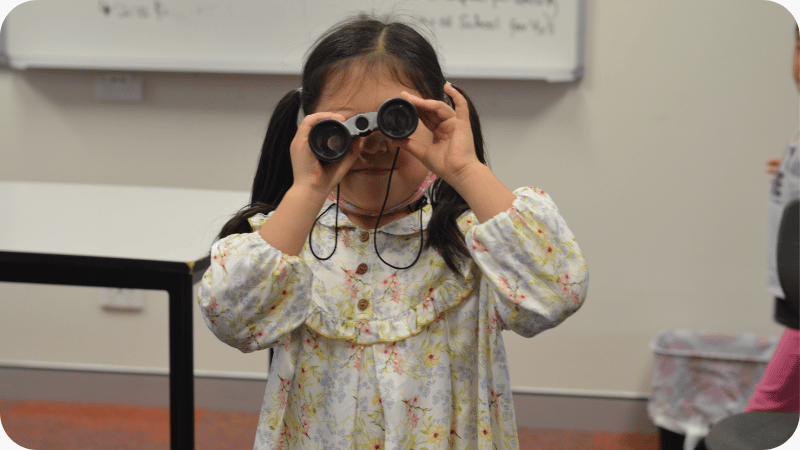
So, how does debating work?
Debating is a great way to learn about the different viewpoints from two sides and hone your ability to argue. But how does it actually work? In most Australian formats, there are two teams of three(and sometimes four) people each: the first speaker, second speaker, third speaker, and sometimes also a silent fourth ‘speaker’.
The affirmative (proposition) team argues in favor of the topic, while the negative (opposition) team argues against it. In the debate, each team takes turns giving their speeches with affirmative starting first until six speeches have been presented (although some competitions also have two extra ‘reply speeches’). The goal is to persuade the judge that if they were to compare your case with that of the other team, it is more likely that your side is on the more preferable side of the debate.
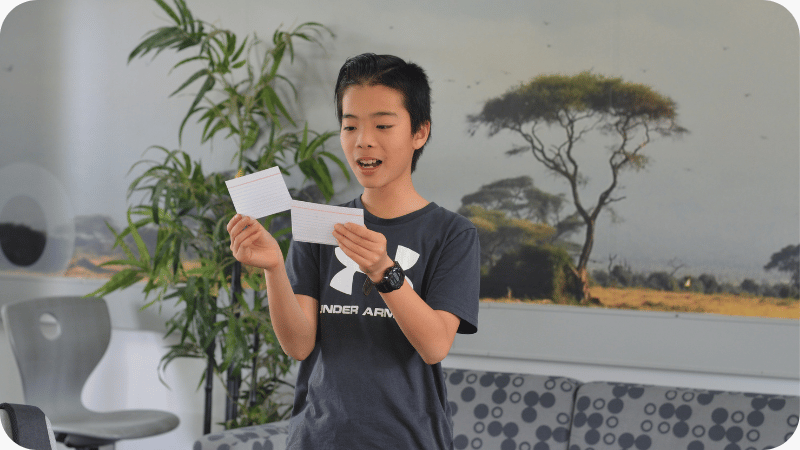
What are the responsibilities of each speaker in the debate?
The first speakers on each team have the responsibility of introducing the topic and giving their side’s general stance on it – this might involve a model from the affirmative, and a position from the negative. They also need to present the team’s main arguments and lay out the structure of the debate.
The second speakers on each team are responsible for responding to the other team’s arguments and presenting additional arguments of their own. They also need to rebut any points that the other team brings up, both in terms of attacking the other side’s ideas, and defending their first speaker from any attacks the opposition has raised.
The third speakers have the responsibility of summarising all of the arguments that have been made and giving the team’s final stance on the issue, as well as any final rebuttals. The third speakers are not supposed to introduce any new substantive material – their role is to sum up what has happened and raise any final issues their team has with the other side’s case.
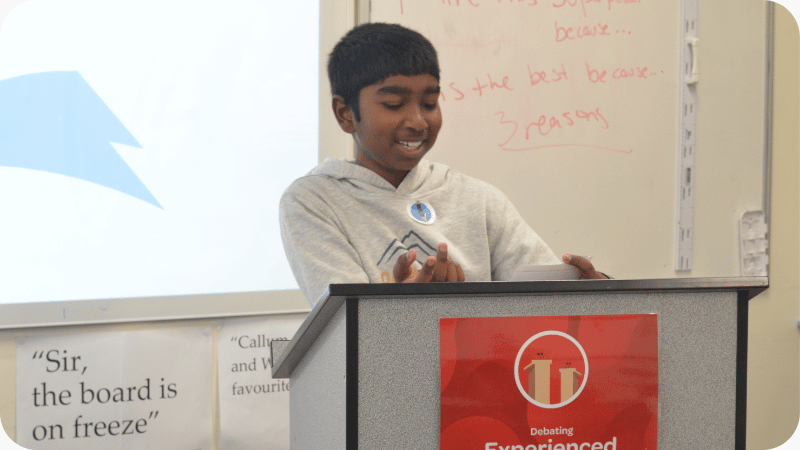
Who is an adjudicator (and what do they do)?
An adjudicator is a person who presides over a debate and decides who the winner is. The adjudicator’s role is to listen to the arguments of both sides, consider the points raised and make a fair and impartial decision.
There are several factors that an adjudicator takes into account when making their decision. These include the quality of the arguments presented, the use of evidence to back up the central claims, and the overall persuasiveness of each side. Importantly, an adjudicator must be reasonable and unbiased – they need to leave their own thoughts and feelings at the door, and judge the debate on its own merits.
In order to make an informed decision, it is important that adjudicators are well-versed in the rules of debating. They must be able to identify logical fallacies and other invalid arguments. Adjudicators must also be able to keep a neutral stance throughout the debate and not let their own personal opinions influence their decision.
The adjudicator’s decision is final and cannot be appealed. The winning team is the side that the adjudicator believes presented the best arguments and reasoning in support of their position.
Adjudicators play an important role in ensuring that debates are fair and unbiased. They provide an essential service in ensuring that only the strongest arguments prevail. Adjudicators help to level the playing field by giving both sides an equal chance to present their case and win the debate.

Audience etiquette during debates
The role of the audience in a debate is to provide support and feedback for the debaters. While not all debates take place in front of an audience, when there is one present there are some important rules to be followed.
First and foremost, the audience should remain respectful at all times. This means refraining from booing, cheering, or otherwise disrupting the flow of the debate.
Another important rule for audiences is to refrain from showing favouritism towards either debater. This means remaining impartial and objective throughout the course of the debate. Audience members should not show any obvious signs of agreement or disagreement with either side of the debate, regardless of their own personal feelings.
By following these rules, the audience can play an important role in ensuring that the debate is fair and productive. Additionally, these rules help to ensure that the debate remains focused on the issues at hand and does not devolve into personal attacks or other distractions.

What is the role of a debating coach and what do they do?
Most people associate coaches with sports, but there are coaches for all sorts of activities – including debating! A debating coach is someone who helps children learn how to debate effectively, much like our coaches at Speaking Schools Australasia.
A good coach will help children understand how to structure an argument, how to research both sides of an issue, and how to deliver their arguments in a clear and convincing way. By teaching children these skills, a debating coach can help them become more confident and competent communicators.
You may see some debating coaches present at competitive debates. The reason that coaches sometimes come to watch debates is so that they can provide feedback to their students to help them improve their debating skills and strategies. The coach’s role is to help the team learn from their mistakes and also to point out what they did well, similar to the role of a coach in one of our debating courses at Speaking Schools Australasia.
Often, either an external coach will be hired by a school to help teach kids debating, or a school teacher will coach the team. Unlike adjudicators, they do not decide who wins the debate, but they do watch their students alk and give them feedback for next time. This feedback is invaluable in their debating education.
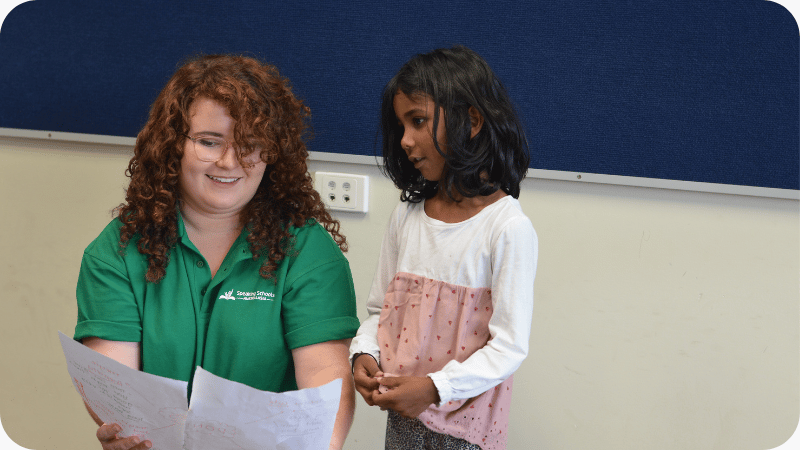
What kind of debating competitions are there in Australia?
Debating is a popular activity in Australia, with many competitions taking place at the primary school, high school, and university levels of education.
Primary school competitions typically involve debating a topic for a few minutes each. Topics can be anything from “That we should ban homework” to “That the city is better than the country”, and usually involve topic areas that the students can directly relate to.
High school competitions are very prevalent in Australia and vary from state to state. The topics tend to be more serious and complex than those debated in primary schools, such as “That Australia should become a republic” or “That employers should be allowed to access the criminal records of job applicants”.
Most people think of debating as something that is only important for people who want to become lawyers or politicians. However, debating is actually a really valuable skill for people of all ages, and it can be especially beneficial for kids.
In particular, it is a useful and important life skill that can help kids become better critical thinkers, communicators, and problem-solvers.
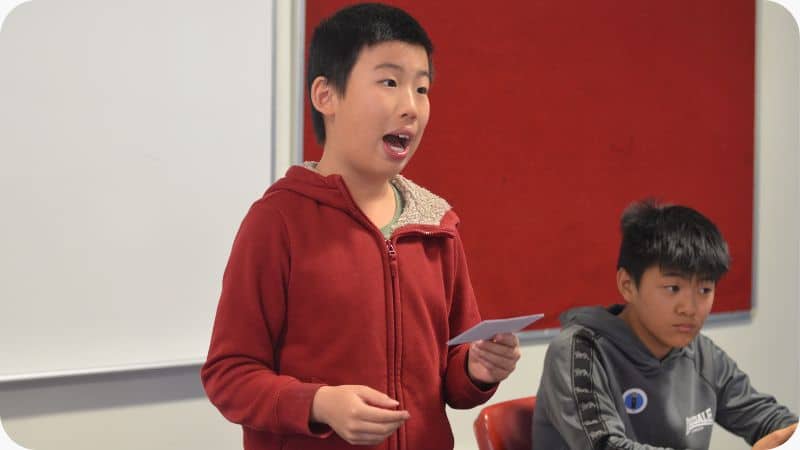
How can we help?
In this blog post, we’ve outlined how debating works and the different roles involved in a debate.
If you’re ready to take your skillset to the next level, why not enrol in one of our debating or public speaking courses today? Our courses cover multiple ability levels for students of all ages from Kindy through to Year 9 (with debating starting from Year 3). There are many ways to get kids involved in debating, such as joining an intensive school holiday workshop or taking part in a weekly after-school program.
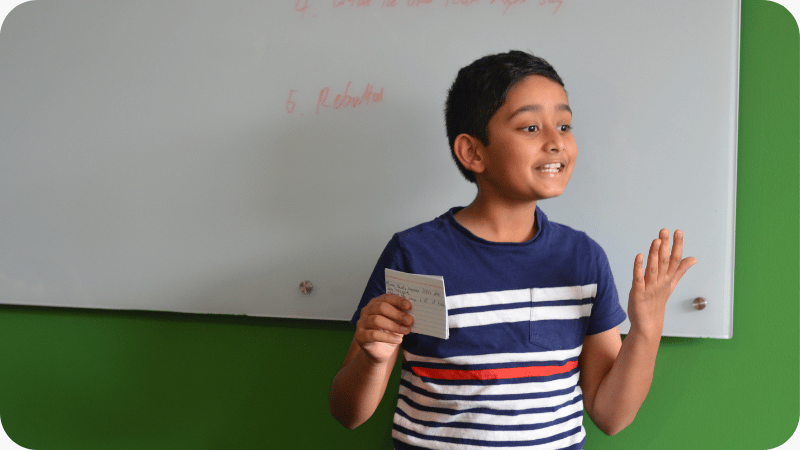
There are also many online resources and courses available to help kids learn the basics of debating. Check out our YouTube channel for our ‘Conquering Debating’ Series which breaks down all of the concepts involved in debating specifically for kids! From how to write a great argument to examples of good speaking manner, we have a video on just about everything. We also have a ‘Speak to Inspire’ playlist that breaks down all the essential skills for students trying to improve their public speaking.
How to find the right course for your child
The course you choose for your child’s debating education will depend on a few different factors, such as their age, debating experience, and what you hope they will get out of the course.
If your child is new to debating, then it might be a good idea to start with one of our beginner courses. These courses are designed to give kids a solid foundation in debating so that they can learn all the basics. Once they have completed a beginner course, they can then move on to one of our more advanced courses.
On the other hand, if your child has some debating experience already, then they might be better suited to one of our intermediate or advanced courses. These courses build on the skills learned in a beginner course and help students hone their debating techniques.
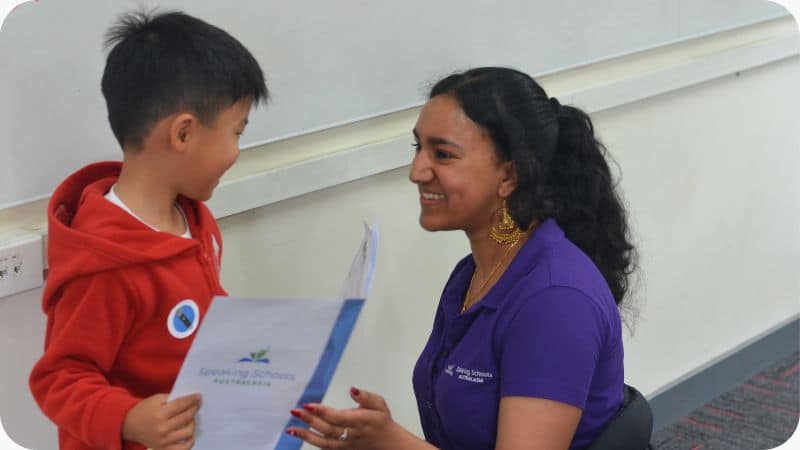
Our courses cover multiple ability levels for students of all ages from Kindy to Year 9. There are many ways to get kids involved in debating. School holiday workshops are a great way for kids to get a taste of debating and see if it’s something they enjoy. These workshops are usually three days long and involve debating a variety of topics.
If you’re looking for a more long-term commitment, then our after-school programs might be a better option. These programs run for 8 – 10 weeks and cover all the basics of debating, from how to construct an argument to how to deliver a speech. By the end of the program, students will have honed their debating skills and will be ready to take on any challenge.
No matter what course you choose, your child will be sure to benefit from the experience. Debating is a great way for kids to learn essential life skills, such as critical thinking, communication, and public speaking. So what are you waiting for? Enrol your child in a debating course today!



